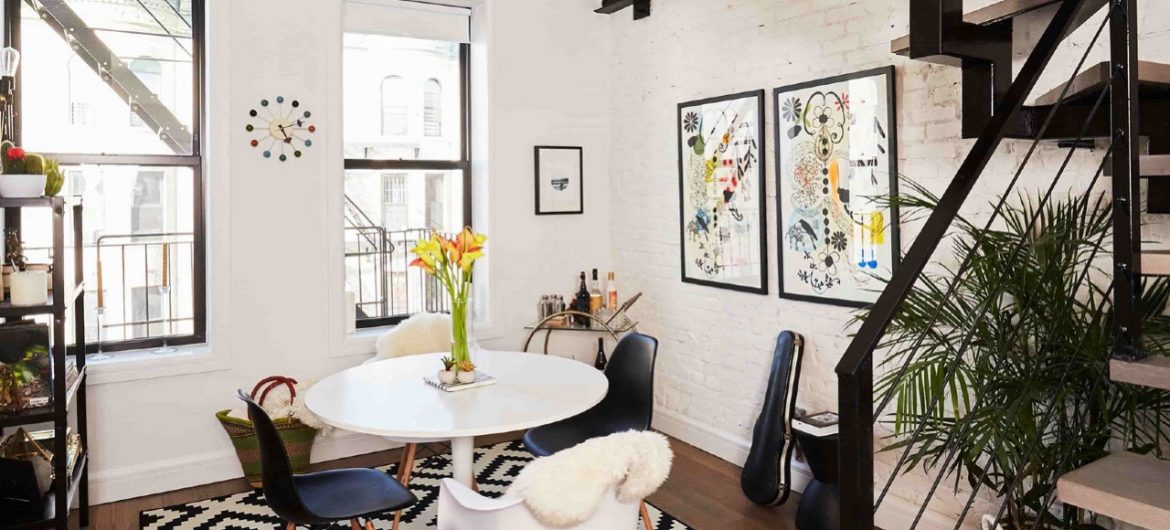The pandemic has put a damper on the co-living sector and fundraising is tougher but still happening. Common just raised $50 million to expand its business, which is now in co-living and rental property management.
Co-living operator Node has announced a €300 million (US$349 million) joint venture deal with investment manager Intriva Capital to grow in key European gateway cities. The partnership will focus on acquiring properties and co-investing with third-party owners and developers.
Node offers a combination of co-living community and furnished rental apartments in desirable urban locations at rents that are below market rate in those areas.
The downturn in the residential rental market may give some pause, but astute investors will find deals that capitalize on market dislocations.
Founder Anil Khera believes that “the traditional multifamily building is out of date and when millennials eventually move back or decide to continue living in cities post-pandemic, they will require a higher level of service, design and community curation.” Node strikes “a good balance of where apartment living needs to be,” Khera tells Forbes.
The Future of Co-Living, Cities and Remote Work
Forbes contributor Angelica Krystle Donati unpacks why Khera is bullish on co-living, return to city living, and the normalizing of remote work.
In the long term, Khera believes that co-living has to evolve…units in coliving 1.0 concepts were very small and many were running almost as if they were hotels. To attract longer-term residents, the size of private spaces is key. Khera predicts that in the future, “co-living studios will be 25 square meters upwards and shared apartments won’t have more than 3-4 bedrooms with kitchens and laundry only shared by 2-3 other people. All urban build to rent apartment buildings will have “co-living units” as a way to attract the next generation of renters into their community by giving them a plug and play solution.”
Khera reckons – and I agree – that 20 and 30 somethings will be the first to return to city living, and that “the city” is not dead by any means. Urban environments foster social interaction, creativity, and personal and professional growth by bringing people together.
In a post-COVID world in which, for many people, working from home several days a week will become the norm, residents choosing to live in urban areas will require more from their landlords. Node wants to target this demand, by providing residents with a vibrant daytime community in which to work from home; a central, walkable neighborhood; a “plug and play” interior designed apartment with excellent Wi-Fi; and a safe, sanitary, and professionally managed environment.
Forbes
photo credit: node





